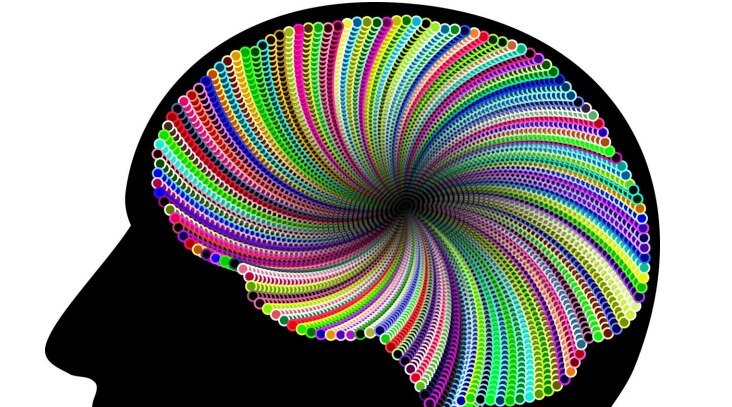According to British researchers, AI language models aid in the diagnosis of schizophrenia

Scientists at the UCL Institute for Neurology have developed AI language models that can characterize subtle signatures in the speech of patients diagnosed with schizophrenia, which could help with diagnosis and assessment of psychiatric conditions.
The AI language model was tested on 26 participants with schizophrenia and 26 control participants and showed that the answers given by control participants were more predictable by the AI model than those generated by people with schizophrenia.
The team from UCL and Oxford now plan to use this technology in a larger sample of patients, across more diverse speech settings, to test whether it might prove useful in the clinic.
The research team used an AI language model, which had been trained on a vast amount of internet text, to analyze the responses of participants. They aimed to determine if the AI model could predict the words that people would spontaneously recall and whether this predictability was reduced in individuals with schizophrenia. The study found that the AI model could predict the responses of control participants more accurately than those of individuals with schizophrenia, particularly those with severe symptoms.
The researchers believe that this difference may be due to the brain's ability to form relationships between memories and ideas and store them in "cognitive maps." A second part of the same study used brain scans to measure brain activity in parts of the brain involved in learning and storing these cognitive maps, providing support for this theory.
Dr. Matthew Nour, lead author from UCL Queen Square Institute of Neurology and the University of Oxford, said that until recently, the automatic analysis of language was out of reach for doctors and scientists. However, with the advent of AI language models such as ChatGPT, this situation is changing. The study shows the potential of applying AI language models to psychiatry, a medical field that is closely related to language and meaning.
Schizophrenia is a common and debilitating psychiatric disorder that affects over 685,000 people in the UK and approximately 24 million people worldwide.
The NHS has identified hallucinations, delusions, confused thoughts, and changes in behavior as some of the symptoms of the condition. A team from UCL and Oxford University plans to expand its research to a larger sample of patients in more diverse speech settings to test whether the technology can be useful in clinical settings. Dr. Nour believes that the combination of AI language models and brain-scanning technology will help researchers uncover how the brain constructs meaning and how it may malfunction in psychiatric disorders. The study was funded by Wellcome, and Dr. Nour expects that if these tools prove to be safe and reliable, they will be deployed in clinical settings within the next decade.

 How to resolve AdBlock issue?
How to resolve AdBlock issue?